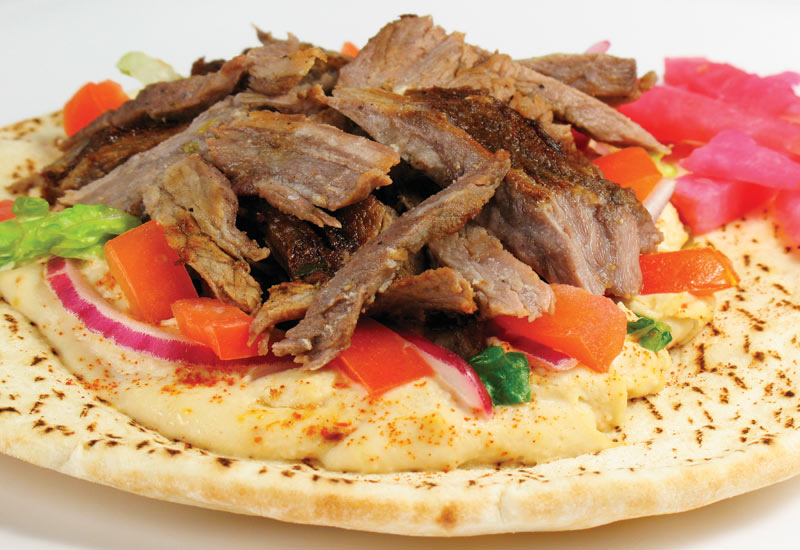Sharia advantages
Hotels that successfully market their sharia niche, target the right markets and take into account their surroundings can benefit from more intraregional travellers as well as a good base of international guests.
“When we talk about attracting the Arab world, it’s very well known they spend 10—15% more than the average traveller, so if we target this market with tailored sharia properties this will be our main feeder market in the future,” says Erhardt.
“That will bring in more revenue. They stay longer, they’re mostly large families and they come and use the F&B services and shop. The lost revenue from alcohol is almost immediately made up,” she adds.

Advertisement
The hotels were in agreement that their sharia niche had worked in their favour, particularly during the financial downturn.
In Abu Dhabi, Jaoude claims his hotels are “leading”; running at 90% occupancy with a high yield. In Dubai the company is on par with the market, despite a slight setback in May. “Hopefully with the creative marketing package of brands we’ll maintain our market share. Sharia is an advantage,” adds Jaoude.
The Radisson Blu Residences, Dubai Marina claims to be running at 80% occupancy and has maintained a high revPAR.
Tamani’s Gordon acknowledges that operating a sharia-compliant hotel during the downturn is a different business model, as in many hotels, alcohol profits are greater than other parts of the business.
“It can be challenging, but it’s all about ensuring the long-term profitability and requires hoteliers operating sharia-compliant hotels to be more creative and translate revenue streams,” concludes Gordon.
The halal revolution
According to the Kuala Lumpur-based Halal Journal, the global halal food industry is currently worth around US $632 billion per year.
Even for hotels targeting both Muslim and non-Muslim markets, offering non-halal items means financing separate suppliers and storage facilities and so on.
“So making your whole operation halal is actually the most cost-efficient method of production. It would almost be easier if all suppliers did things that way,” explains Shangri-La Qaryat Al-Beri’s executive chef Gary Robinson.
He points out that non-Muslims expect to see halal foods and may even prefer halal meat based on their health as halal regulations are strict and appear to pay a lot of attention to the standards of food products.
“We’ve been exporting meat from Australia for 20 years and have had a really strong relationship with the Middle East for about five of those years,” says Country Hill International’s Hamish McKerrow.
“There’s been a dramatic rise in halal meat imports from Australia since 2003, when ‘Mad Cow Disease’ broke out in the US and a lot of countries banned US meat”.
Australia and New Zealand then decided to fill the profile, became well-positioned in the halal market and have continued to grow as Halal meat providers ever since.
“Today we’re seeing an increased demand for halal across the globe,” adds McKerrow.









 Search our database of more than 2,700 industry companies
Search our database of more than 2,700 industry companies









